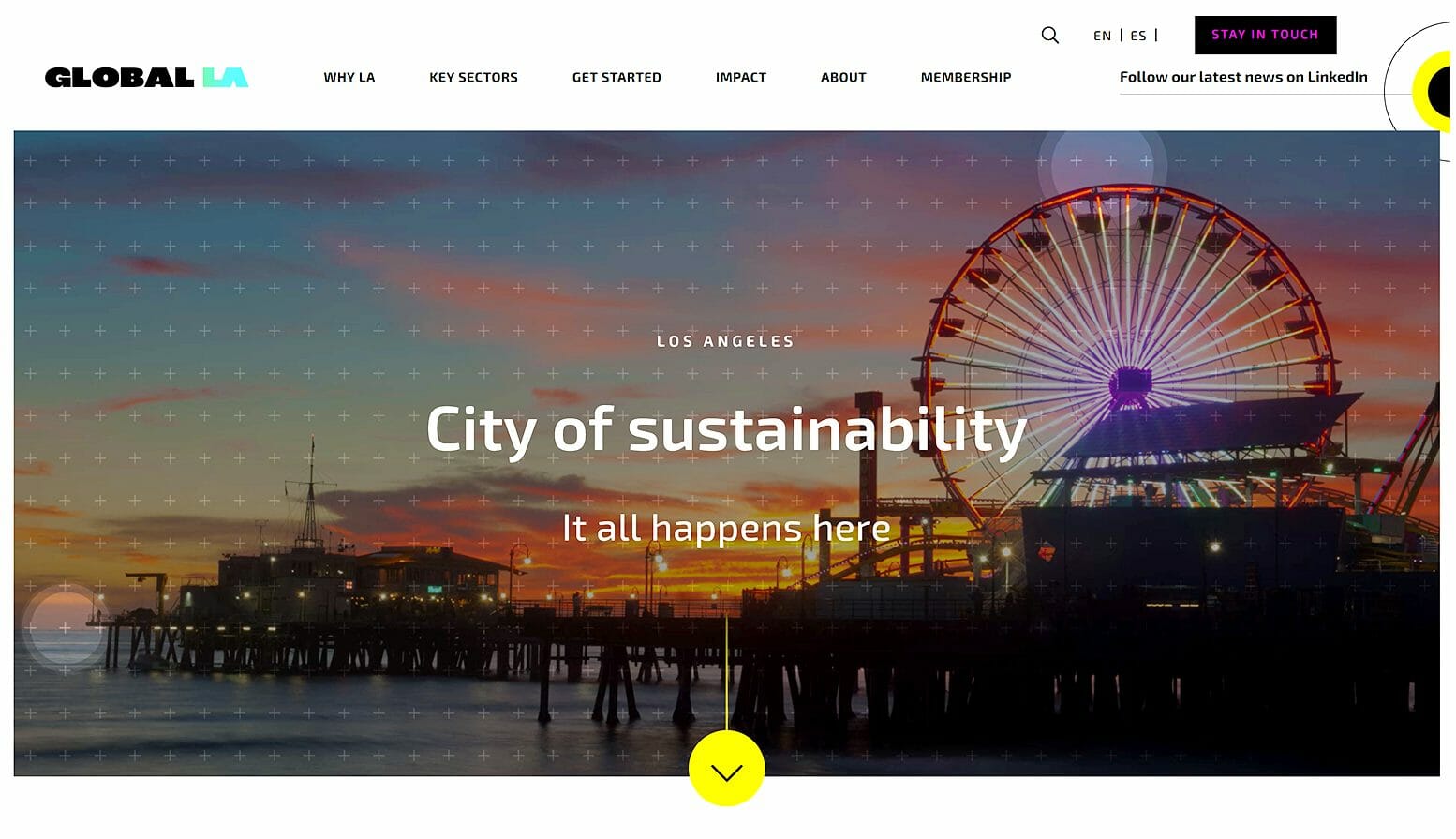17 Apr ‘19
Mobile Advertising: Why It’s a Big Deal – and Why You Need to Jump on It
17 Apr ‘19
In: Marketing, / By: Ripe Media
It seems intuitive that you should employ mobile advertising and marketing.
But where are the lines drawn between mobile and desktop?
Is there any overlap?
It turns out there are, and you should be advertising specifically for mobile if you can. That isn’t to say you shouldn’t do the same work for users on desktops, but it’s important to make a distinction between mobile and desktop and act according to the data.
We’ll go into why optimizing, marketing, and advertising on mobile is more important now than ever.
Why Mobile Advertising is So Important
Mobile advertising, if it’s unclear, is the process of tailoring and marketing your business for users and customers that are active on mobile devices. If you’re in a public place, look around.
You’ll notice that a number of people probably have their heads in their phones. That’s one little reason suggesting the need to go mobile. We’re going to go into a number of stats and reasons for you to start engaging with your users in a mobile way.
This article is going to touch primarily on mobile advertising, but there is a who world digital marketing and mobile marketing for you to get informed on. We’ll start with an overview of what your mobile advertising platform will look like.
Mobile Advertising in Practice
Your site should have a number of profiles on different social media sites at this time. As you know, different sites provide access to different demographics and pose opportunities for different success metrics.
For example, users on Pinterest might be more likely to make a purchase, while Facebook is better for reaching people and developing brand recognition. Having profiles on these sites and working to develop a following is very important.
It should also be noted that most people visit social media sites from their mobile devices. To give you some perspective, the number of people who visit social media sites on cell phones estimated to be roughly half the human population.
There might be some overlap of users, some people having multiple devices and accounts, but the fact is that there are a lot of people on social media. Most lean towards using the sites on their phones as opposed to their laptops.
Social Media’s Advertising Blessing
One reason that advertising on social media is so effective is the fact that these sites collect a whole host of specific demographic data from their users. Things like age, location, sex, interests, and activity are only a few of the metrics that social media sites record.
While many users don’t necessarily like the idea that their information is being recorded, it still holds that the data is there to provide a better experience for users. For example, you have probably done a fair amount of research on who your target demographic is and how you want to fit into their lives.
If you’ve done your research right, advertising on social media offers them just as much benefit as it does you. Let’s say that you place an ad that is targeted at males in your area that are interested in your general product. You will see a greater return on that advertisement than you would if you went with an ad outside of social media.
Additionally, users don’t have to be exposed to a bunch of material that isn’t pertinent to them. When most people see commercials on television, they just press the mute button.
PPC, on the other hand, operates under a different principle. It’s in the advertiser’s best interest to place ads in front of specifically the people who want to see them. That way, people aren’t burdened by a bunch of unwanted advertisement because they’re only exposed to ads that are relevant to them.
Mobile and SEO
Getting your feet wet in the mobile world is going to be an absolute necessity soon. It’s already advantageous to have a solid understanding of optimizing and marketing for mobile users. In the future, it might be more important to optimize for mobile than for desktop pages.
The way we optimize and market is based on user behavior and what the search engine is doing. We’ve already established that users are moving to mobile, but what about the search engine?
Google and Mobile First
Google has traditionally indexed all desktop pages before they indexed mobile pages. They would also give priority to a webpage if a site had both mobile and desktop options of a page.
They’re now optimizing mobile pages first. This is a very new update in Google’s process, and it’s telling of what they might do in future updates. To be specific, Google is optimizing for mobile pages of specific sites.
So, if you have a mobile page and a desktop page for your site, your mobile page will be indexed first and ranked higher than your desktop page. There aren’t two algorithms or search results pages. The mobile pages and desktop pages are all jumbled up into the same pool.
While your mobile pages will rank higher than your desktop pages, you won’t rank below different sites if you don’t have a mobile page. The change is relatively small, but it says a lot about what the future will look like.
If changes like this continue to occur, who knows what the SEO landscape will look like.
Getting Started
You have the potential to get started with your mobile advertising platform right away. Make sure to do a little digging and identify the steps you need to take to have the most impact.
That’s going to look something like narrowing down keywords, understanding the different advertising interfaces of social media platform, and identifying your specific target audience.
Once you have those things, you will be on your way to success.
Want to Learn More?
The digital world is full of things to learn. Mobile advertising is just the tip of the iceberg.
For more information on everything from branding to digital marketing, visit our site to start moving forward.
















